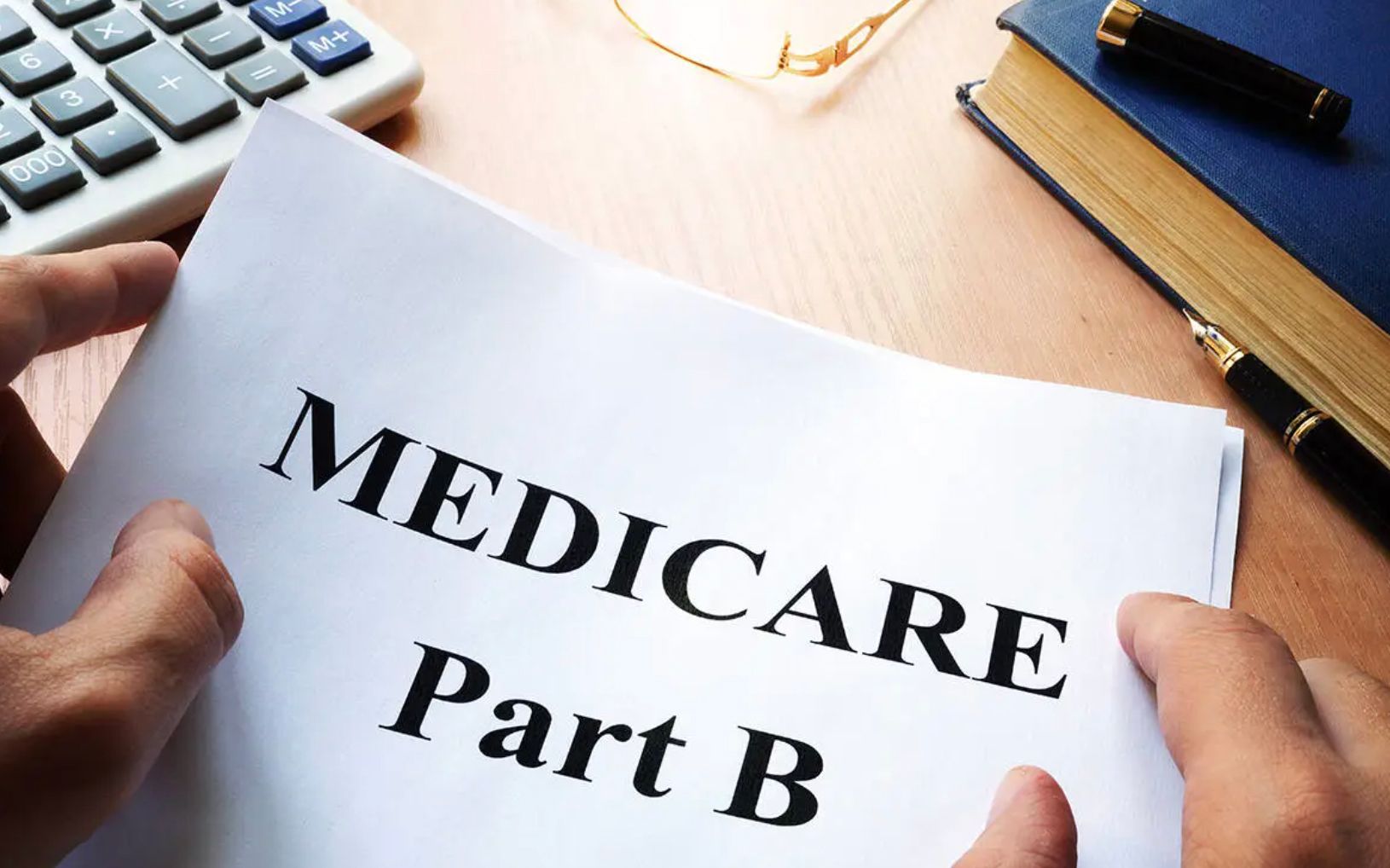
Do I Have to Sign Up for Medicare Part B When I Turn 65 If I’m Still Employed?
Turning 65 is a major milestone—especially when it comes to Medicare. But what happens if you’re still working and covered by an employer health plan? Do you have to enroll in Medicare Part B right away? The answer depends on several factors, including the size of your employer and the quality of your current health coverage.
At Nelson, Bryan, and Cross, we help Alabama residents make smart, informed choices about Medicare. Here’s what you need to know about enrolling—or delaying—Medicare Part B while still employed.
First, What Is Medicare Part B?
Medicare Part B covers:
Doctor visits
Outpatient care
Preventive services
Some home health care
Unlike Part A (which is usually premium-free), Part B requires a monthly premium, which is why some people consider delaying it.
If Your Employer Has 20 or More Employees
If you’re still working and have group health coverage through a current employer with 20 or more employees, you can delay enrolling in Medicare Part B without penalty.
Here’s why:
Your employer’s insurance remains primary, and Medicare is secondary.
When you stop working or lose employer coverage, you’ll qualify for a Special Enrollment Period (SEP) to sign up for Part B without a late penalty.
This SEP lasts for 8 months from the date your employer coverage ends.
Delaying Part B in this case could save you money, especially if your group coverage is strong.
If Your Employer Has Fewer Than 20 Employees
This is where it gets tricky. If your employer has fewer than 20 employees, Medicare becomes the primary payer, and your employer’s insurance is secondary.
That means:
You should enroll in Medicare Part B at age 65 to avoid gaps in coverage.
If you delay, your employer plan might refuse to pay for services Medicare would normally cover.
You could also face late enrollment penalties that increase your premiums for life.
What About Health Savings Accounts (HSAs)?
If you’re contributing to an HSA and sign up for any part of Medicare, including Part A, you can no longer make HSA contributions.
To continue HSA contributions:
Delay all parts of Medicare (A & B)
Have group health coverage from an employer with 20+ employees
Timing is key here. We recommend consulting with a benefits expert or attorney before deciding.
What Happens If You Retire After 65?
Once you retire or lose your employer coverage, you’ll have 8 months to enroll in Part B without penalty. This is called the Special Enrollment Period. If you miss this window, you may have to wait for the General Enrollment Period (January 1–March 31) and face late fees.
The Bottom Line
Whether you need to enroll in Medicare Part B at 65 while working depends largely on your employer’s size and the nature of your current coverage. Delaying could save you money—or cost you dearly if done incorrectly.
Contact us today to speak with one of our experienced attorneys about your Medicare options. We’ll help you navigate your coverage with confidence and avoid costly missteps.